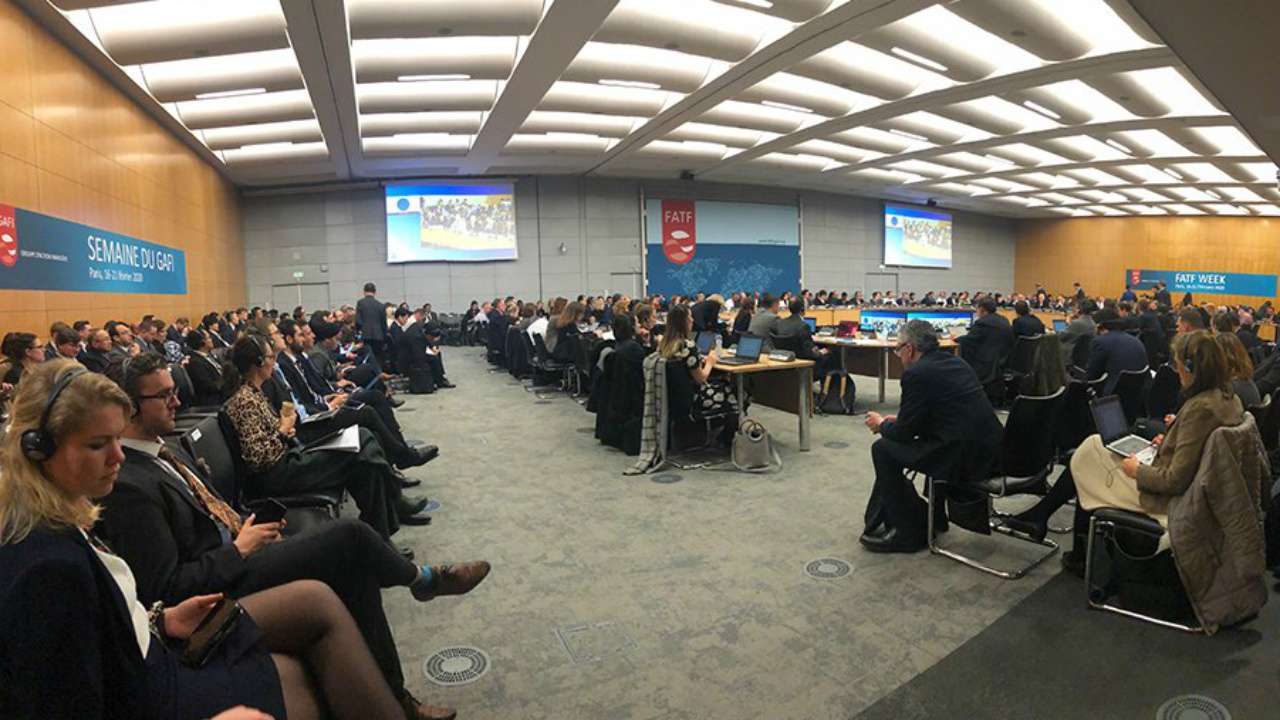Pakistan remains in FATF 'grey list', asked to deliver on 8 points in 4 months
Pakistan was first placed on the 'grey list' by the Paris-based watchdog in June 2018 and was given a plan of action to complete it by October 2019.

Representational Image
The Financial Action Task Force (FATF) on Friday retained Pakistan on the 'grey list' and gave it an 8-point list to deliver within four months to avoid being categorised into 'Black List'.
The decision was taken by the international terror financing watchdog on Friday after the conclusion of the February 16-21 group meetings and plenary in Paris.
Pakistan had a sent a delegation led by Revenue Minister Hammad Azhar to present its case at the meetings. In January, Pakistan had submitted a report to the FATF in response to 150 questions raised by the watchdog regarding new Pakistani policies on money laundering. The 650-page report listed the steps taken by Pakistan between October 2019 to January 2020 to curb terror financing.
Pakistan was first placed on the 'grey list' by the Paris-based watchdog in June 2018 and was given a plan of action to complete it by October 2019, or face the risk of being placed on the 'Black List' with Iran and North Korea.
During October plenary meet of the international terror financing watchdog last year, the FATF decided to keep Pakistan on its 'grey list' for failure to curb funnelling of funds to terror groups Lashkar-e-Taiba, Jaish-e-Mohammed and others.
In the decision taken on Friday, the FATF has given Pakistan time till June 2020 to achieve full compliance with its 27-point action plan and secure exit from the grey list.
The FATF plenary meeting found that Pakistan failed to deliver on 13 of the 27 points in the action plan that it had pledged to implement. In the 39-member watchdog, only Turkey showed support for Pakistan.
According to reports in Pak media, Islamabad is finalising major amendments to at least a dozen of its laws to meet the FATF requirements by June this year.
Based on the steps taken, Pakistan's performance would be judged in the next FATF plenary in October 2020.
As part of the 8-point plan, the FATF has asked Pakistan to "demonstrate that terror financing prosecutions result in effective, proportionate and dissuasive sanctions."
It has also been asked to "demonstrate effective implementation of targeted financial sanctions against UN designated terrorists and prevent them from raising or moving funds."